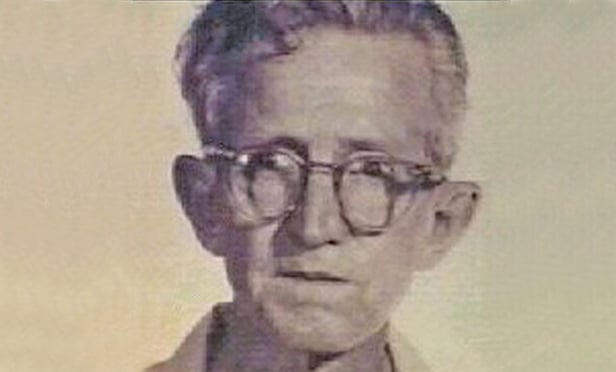First Judge Michael Sheldon of the Connecticut Appellate Court called it “a deliberate pattern of improper conduct” in State v. Santiago. Then, in another reference to prosecutorial misconduct, a Fourth Circuit opinion in U.S. v. Bartko pleaded “whatever it takes, this behavior must stop.” And Chief Judge Alex Kozinski of the Ninth Circuit started a blistering dissent in U.S. v. Olsen with the following: “There is an epidemic of Brady violations abroad in the land. Only judges can put a stop to it.”
Yet when South Carolina Supreme Court Justice Donald Beatty warned prosecutors that they had “been getting away with too much for too long” and that the South Carolina Supreme Court would “no longer overlook unethical conduct such as witness tampering, selective and retaliatory prosecutions, perjury and suppression of evidence,” and cautioned that prosecutors’ “bar licenses will be in jeopardy,” the main prosecuting authority in South Carolina—the attorney general—threatened to move to recuse Beatty in all criminal cases, citing bias.
This content has been archived. It is available through our partners, LexisNexis® and Bloomberg Law.
To view this content, please continue to their sites.
Not a Lexis Subscriber?
Subscribe Now
Not a Bloomberg Law Subscriber?
Subscribe Now
LexisNexis® and Bloomberg Law are third party online distributors of the broad collection of current and archived versions of ALM's legal news publications. LexisNexis® and Bloomberg Law customers are able to access and use ALM's content, including content from the National Law Journal, The American Lawyer, Legaltech News, The New York Law Journal, and Corporate Counsel, as well as other sources of legal information.
For questions call 1-877-256-2472 or contact us at [email protected]



